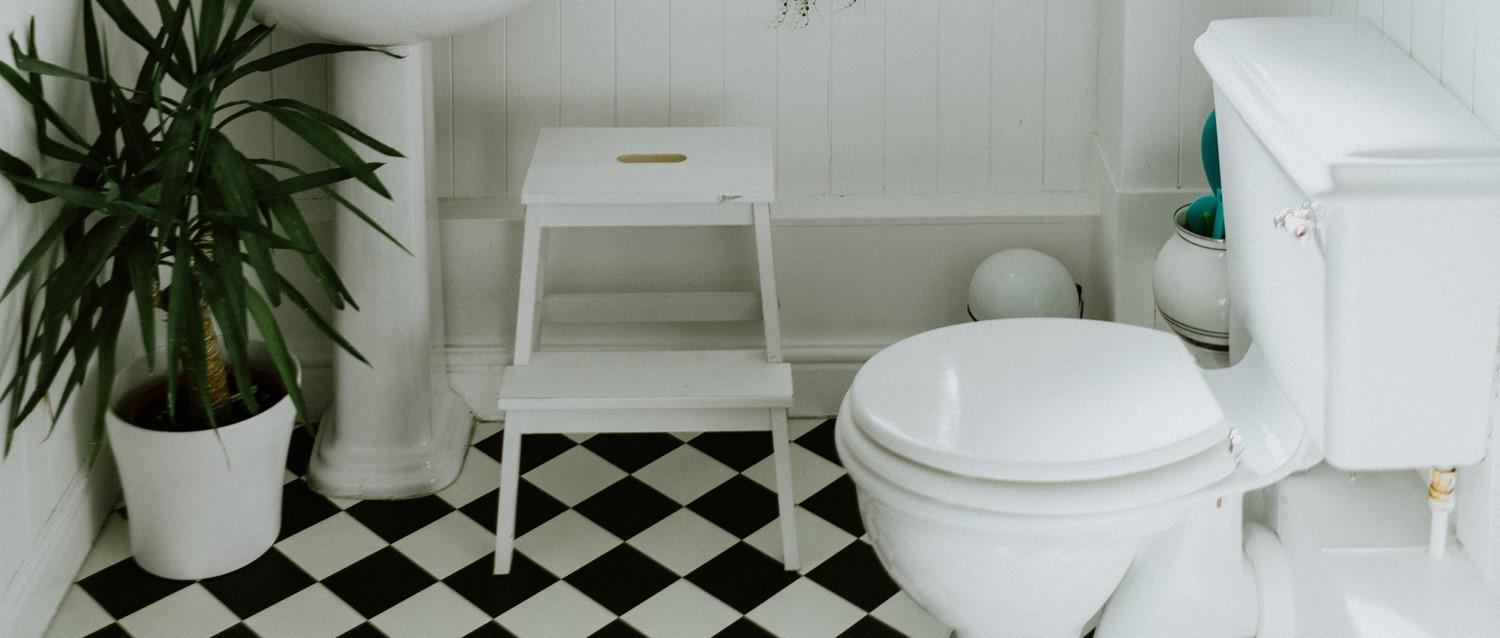
Ways to help reduce your chance of bowel cancer
Peer reviewed by Dr Krishna Vakharia, MRCGPLast updated by Lawrence HigginsLast updated 1 Jan 2025
Meets Patient’s editorial guidelines
- DownloadDownload
- Share
- Language
- Discussion
There are around 44,100 new bowel cancer cases in the UK every year, that's around 120 people every day.
Bowel cancer is the 4th most common cancer in the UK, accounting for 11% of all new cancer cases according to Cancer Research UK. However, whilst the overall rates of bowel cancer are falling, the number of under 50s who have the condition is increasing.
No matter your age, there are many things you can do to help reduce your chance of getting bowel cancer. Here, gastroenterologist and colon cancer specialist Dr Monique van Leerdam shares her advice.
In this article:
Bowel cancer is a general term for cancer that begins in the large bowel. Depending on where the cancer starts, bowel cancer is sometimes called colon or rectal cancer.
The main symptoms of bowel cancer are:
Bleeding from your bottom and/or blood in your poo.
A persistent change in type of bowel movement- for example more looser poo.
A persistent and unexplained change in how often and when you go to the toilet.
Unexplained weight loss.
Extreme tiredness for no obvious reason.
A pain or lump in your stomach.
Speak to your doctor if you have any of these symptoms.
Continue reading below
Ways to help prevent bowel cancer
More than one half of all bowel cancer cases are preventable, and are generally due to lifestyle. Preventable causes are thought to be the main reason why there has been an increase in the number of 25 - 49 year olds with bowel cancer. Living a healthy lifestyle is more important than ever.
Cancer Research UK says the main causes of bowel cancer and the percentage of people affected are:
28% - eating too little fibre.
13% - eating processed meat.
11% - being overweight or obese.
6% - alcohol drinking.
7% - smoking.
5% - too little physical activity.
2% - ionising radiation.
Simple changes to your diet and lifestyle can make a big difference to your chance of getting bowel cancer. And making those changes as early as possible could be key to reducing your risk. Here are six steps you can try to make a real difference.
Reduce how much red and processed meat you eat
The amount of red and processed meat we eat has increased over the past 50 years and long-term consumption of red and particularly processed meat - such as hams, salami, and sausages - may increase your risk of bowel cancer.
You don't need to stop eating red meat completely - it's a good source of protein and iron and can help form a balanced diet - but do so in moderation. Guidelines suggest we should eat no more than 70g a day of red or processed meat - this is around three slices of ham, two rashers of bacon, or one small beefburger. However, there has been much research which links the nitrates put into many processed meats to increasing risks of bowel cancer.
Try swapping red meat for chicken or fish, have a few meat free days each week and have as little processed meat as possible.
Eat more dietary fibre
Dietary fibre - also called plant-based carbohydrates - provides a variety of health benefits, including helping your digestive system stay healthy. It may also help prevent you getting bowel cancer.
To get more fibre in your diet, try:
Swapping to brown rice, pasta, or bread.
Swapping crisps for low calorie plain popcorn.
Choosing wholegrain breakfast cereals.
Eating more fruit and vegetables high in fibre, such as peas and raspberries.
Adding beans and pulses to your diet.
Exercise
Alongside changes in your diet, exercise can help reduce the risk of bowel cancer. More than one half of all people in the UK are overweight or have obesity. Weight issues are a leading risk factor for many preventable cancers. According to Cancer Research UK, each year, 1,900 more people get bowel cancer from being overweight than from smoking.
You should try to do around 150 minutes of exercise a week. Activities such as a brisk walk can lower your risk of many cancers and also provide many other health benefits.
You can use our BMI calculator to see if you are a healthy weight or not.
Drink less alcohol
Drinking too much alcohol can cause many digestive cancers and accounts for 6% of people with bowel cancer.
Reducing your alcohol intake is one of the most important steps you can take to help your long-term health. To reduce the health risks associated with alcohol, you should drink no more than 14 units of alcohol a week.
Consume vitamin D and calcium
Whilst traditionally known for their beneficial effects on bone health, calcium and vitamin D may reduce the chance of bowel cancer.
You can boost your intake of vitamin D and calcium through your diet in foods such as fatty fish and a variety of dairy products. In the UK during autumn and winter everyone the government advises everyone to take a supplement containing 10 micrograms (400 IU) of vitamin D a day to support general health and in particular bone and muscle health. This is because we cannot make vitamin D from sunlight at this time of year.
Stop smoking
A common factor behind many cancers, cigarette smoking is also a long-established risk factor for bowel cancer. With bowel cancer rates in young adults increasing, the risk is also higher in people who start smoking younger, contributing to this upward trend.
Bowel cancer screening
Although changes in your lifestyle are important measures to prevent bowel cancer, one of the most effective steps you can take is to have a bowel cancer screening.
Caught early, bowel cancer is a very treatable disease, leading to a 90 - 95% survival rate. If pre-malignant lesions are detected, cancer can even be prevented. The NHS offers a home testing kit, which is a simple and effective method to detect possible indications of bowel cancer. The age at which this is available to you depends on where you live.
England - people aged 54 to 74 years who are registered with a GP. NHS England is currently expanding the programme to people aged between 50 and 59.
Northern Ireland -people aged 60 to 74 years who are registered with a GP.
Scotland - people aged 50 to 74 years with a CHI (Community Health Index) number.
Wales - everyone aged 50 to 74 years who is registered with a GP and living in Wales. People aged 50 have been invited to take part from October 2024 and this will run to July 2025.
If you're not eligible for the screening programme, speak to your doctor if you are worried and about getting tested for bowel cancer.
Dr Monique van Leerdam is a member of the European Gastroenterology (UEG) Public Affairs Committee.
Patient picks for Bowel cancer

Cancer
How do we screen for bowel cancer?
In the wake of Dame Deborah James's death, Dr Kevin Monahan and Dr Lisa Wilde talk about faecal immunochemical testing - checking for blood in your poo - and other types of bowel cancer screening. This includes Lynch syndrome, a hereditary condition increasing the risk of certain types of cancer including bowel cancer.
by Ellie Broughton

Cancer
What are the early warning signs of bowel cancer?
It’s easy to dismiss a change in your toilet habits or to brush off stomach aches and bloating as dietary issues. However, if these issues are persistent and unexplained, they may be signs of bowel cancer - and spotting them early is very important.
by Lynn Stephen
Continue reading below
Article history
The information on this page is peer reviewed by qualified clinicians.
Next review due: 2 Jan 2027
1 Jan 2025 | Latest version
24 Apr 2019 | Originally published
Authored by:
Dr Monique van Leerdam

Ask, share, connect.
Browse discussions, ask questions, and share experiences across hundreds of health topics.

Feeling unwell?
Assess your symptoms online for free
Sign up to the Patient newsletter
Your weekly dose of clear, trustworthy health advice - written to help you feel informed, confident and in control.
By subscribing you accept our Privacy Policy. You can unsubscribe at any time. We never sell your data.